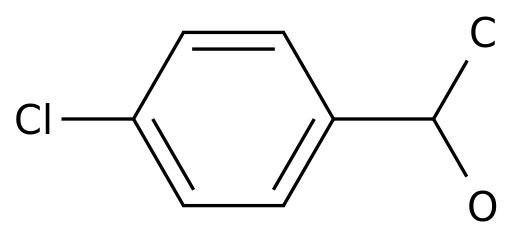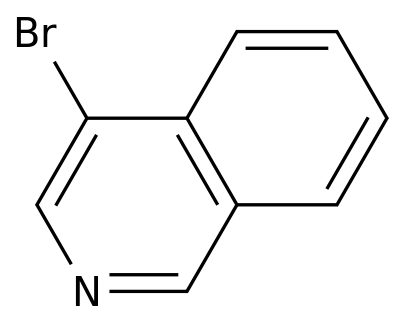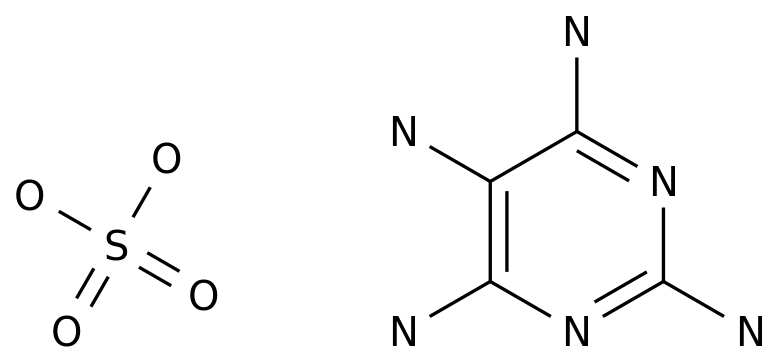-
Categories
-
Pharmaceutical Intermediates
-
Active Pharmaceutical Ingredients
-
Food Additives
- Industrial Coatings
- Agrochemicals
- Dyes and Pigments
- Surfactant
- Flavors and Fragrances
- Chemical Reagents
- Catalyst and Auxiliary
- Natural Products
- Inorganic Chemistry
-
Organic Chemistry
-
Biochemical Engineering
- Analytical Chemistry
- Cosmetic Ingredient
-
Pharmaceutical Intermediates
Promotion
ECHEMI Mall
Wholesale
Weekly Price
Exhibition
News
-
Trade Service
Ionis Pharmaceuticals announced on the 14th that its antisantic oligonucleotide (ASO) drug ION449, which targets PCSK9, significantly reduced PCSK9 levels and LDL-C levels in patients in Phase 1 clinical trials.
the results of animal experiments published by the company show the likelihood of oral dosing.
data were presented today at the American Heart Association (AHA) scientific meeting.
PCSK9 participates in the regulation of LDL-C levels by preventing the recycling of LDL receptors.
study showed that individuals with reduced LDL-C levels had a significantly lower risk of cardiovascular disease throughout their lives as a result of reduced PCSK9 function.
ION449 (a.k.a. AZD8233) is a subdern drug in the study of ASO therapy, developed by Ionis and AstraZeneca.
ION449 combines Ionis' next-generation libide conjugate analgesic (LICA) technology.
in a Phase 1 study, ION449 single subsculations showed that in patients with baseline LDL-C levels between 100-190 mg/dL, circulating plasma PCSK9 protein and LDL-C levels showed dose dependence reductions, up to a maximum of 90% and 70%.
Ionis's next-generation libido antisypolytic technology allows ASO drugs to be given in a variety of ways to reach a wide range of organs and tissues in the human body (Photo source: Ionis's official website) In addition, in vivo studies conducted in animal models have established the feasibility of oral administration of ION449, one of which in dogs showed that ION449 oral tablets were given 7 days after 28 days of oral administration of the liver.
study in healthy monkeys found that repeating oral ION449 tablets for 14 days reduced LDL-C levels by 45-50%.
ION449 is currently being evaluated in Phase 1 clinical trials in healthy volunteers.
" cardiovascular disease remains the leading cause of death worldwide, affecting tens of millions of people.
patients who are still at risk need additional treatment.
data from these studies are very encouraging and demonstrate that ION449 has the potential to 'best-in-class' to reduce LDL-C for the treatment of high-cholesterol patients at risk of cardiovascular disease.
," said Dr. Brett P. Monia, chief executive of Ionis.
reference: s1. Hordeaux et al., (2020). MicroRNA-mediated inhibition of transgene expression reduces dorsal root ganglion toxicity by AAV vectors in primates. Science Translational Medicine, DOI: 10.1126/scitranslmed.aba9188[2] Jim Wilson offers a safer solution to some of the industry's gene therapy woes. Retrieved November 12, 2020, from Researchers develop approach to prevent toxicity tied to neurological gene therapy. Retrieved November 12, 2020, from







